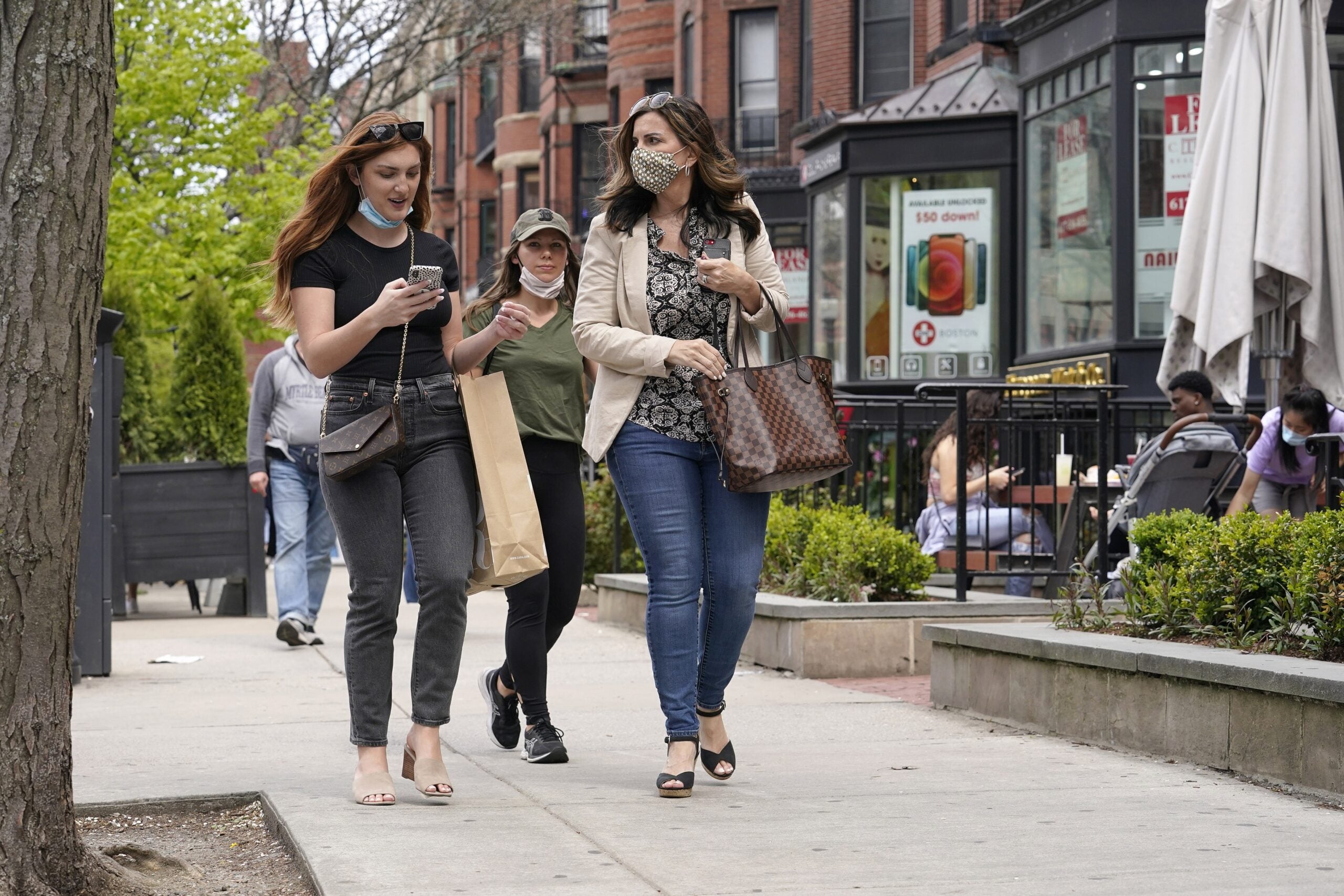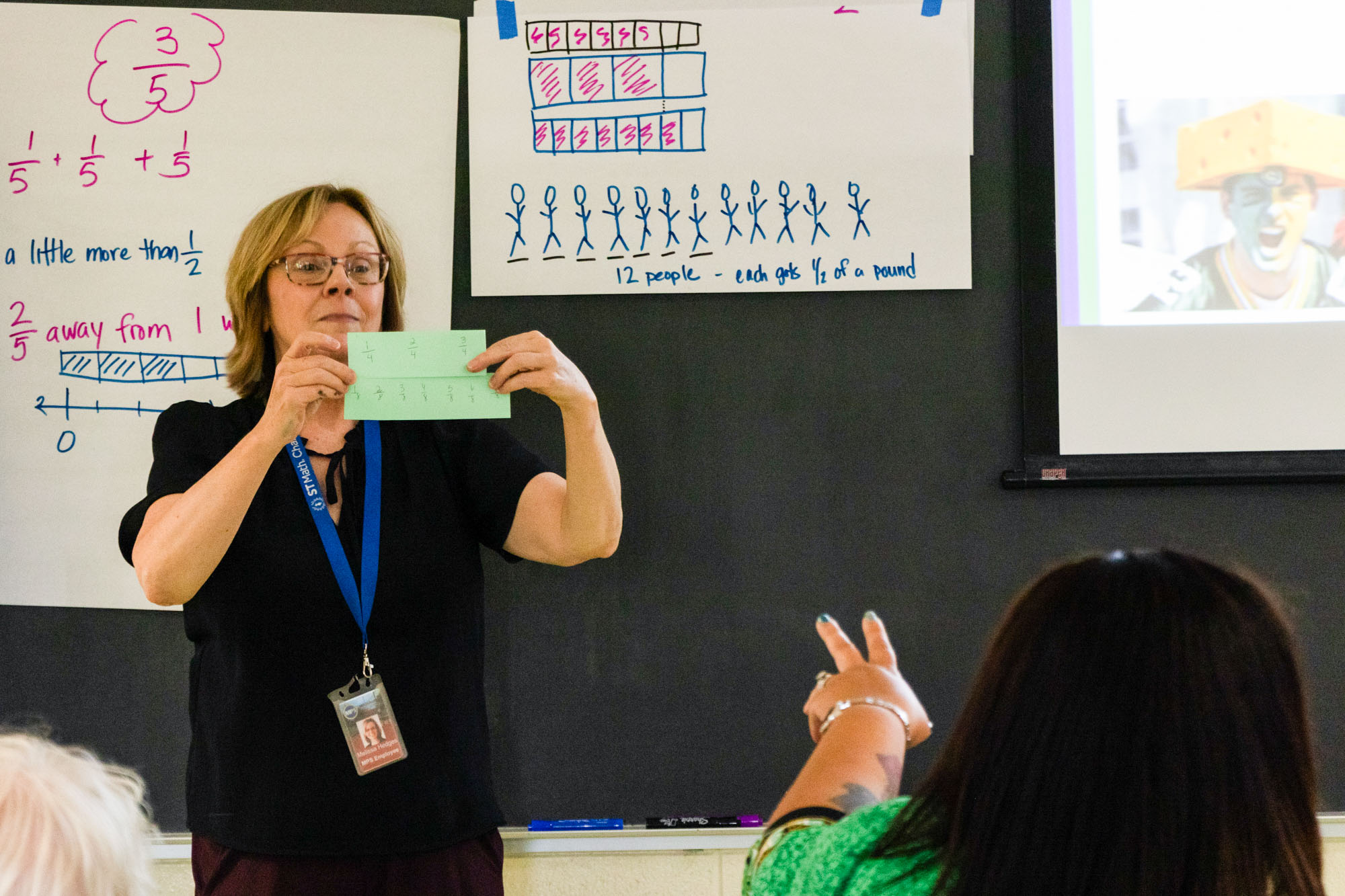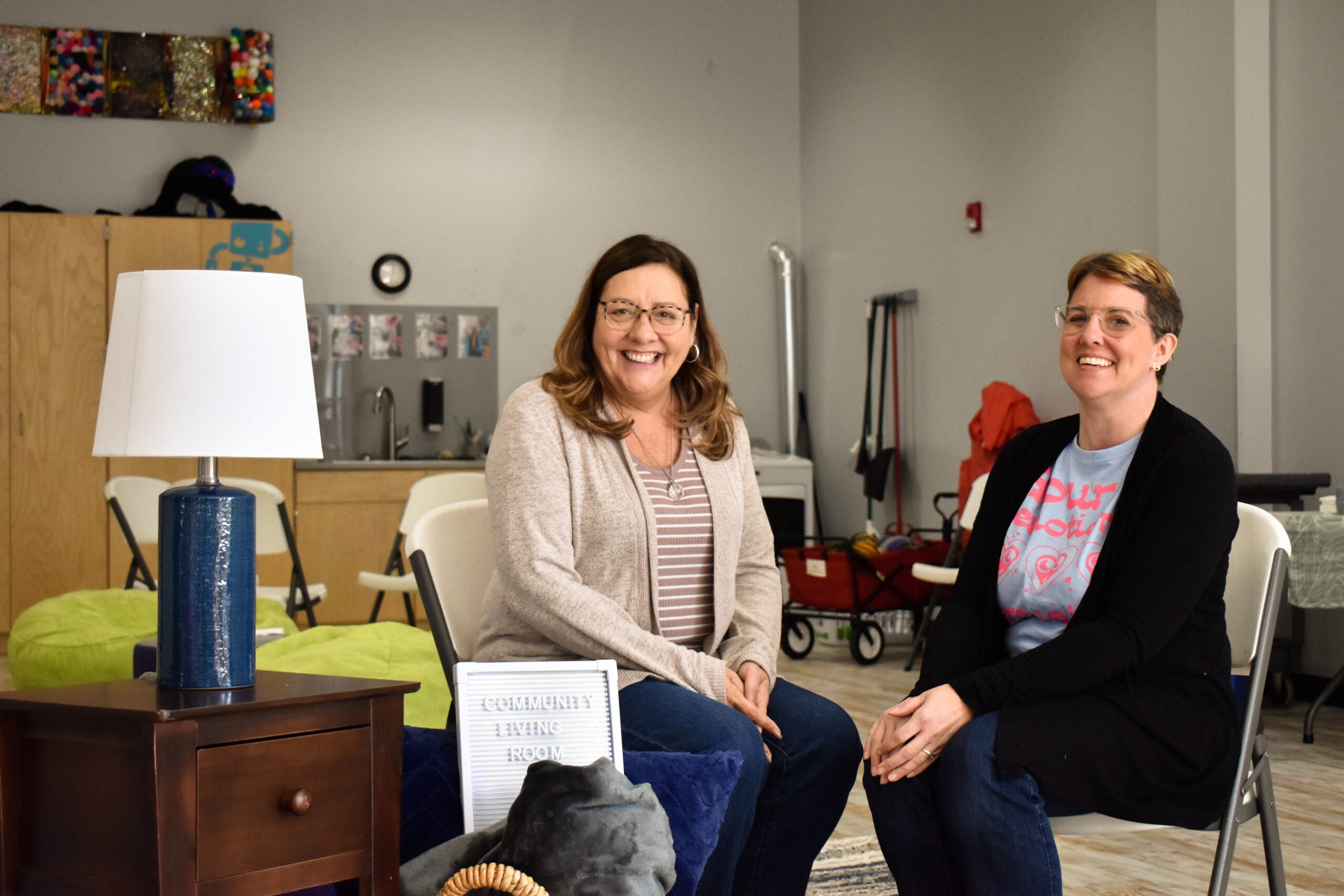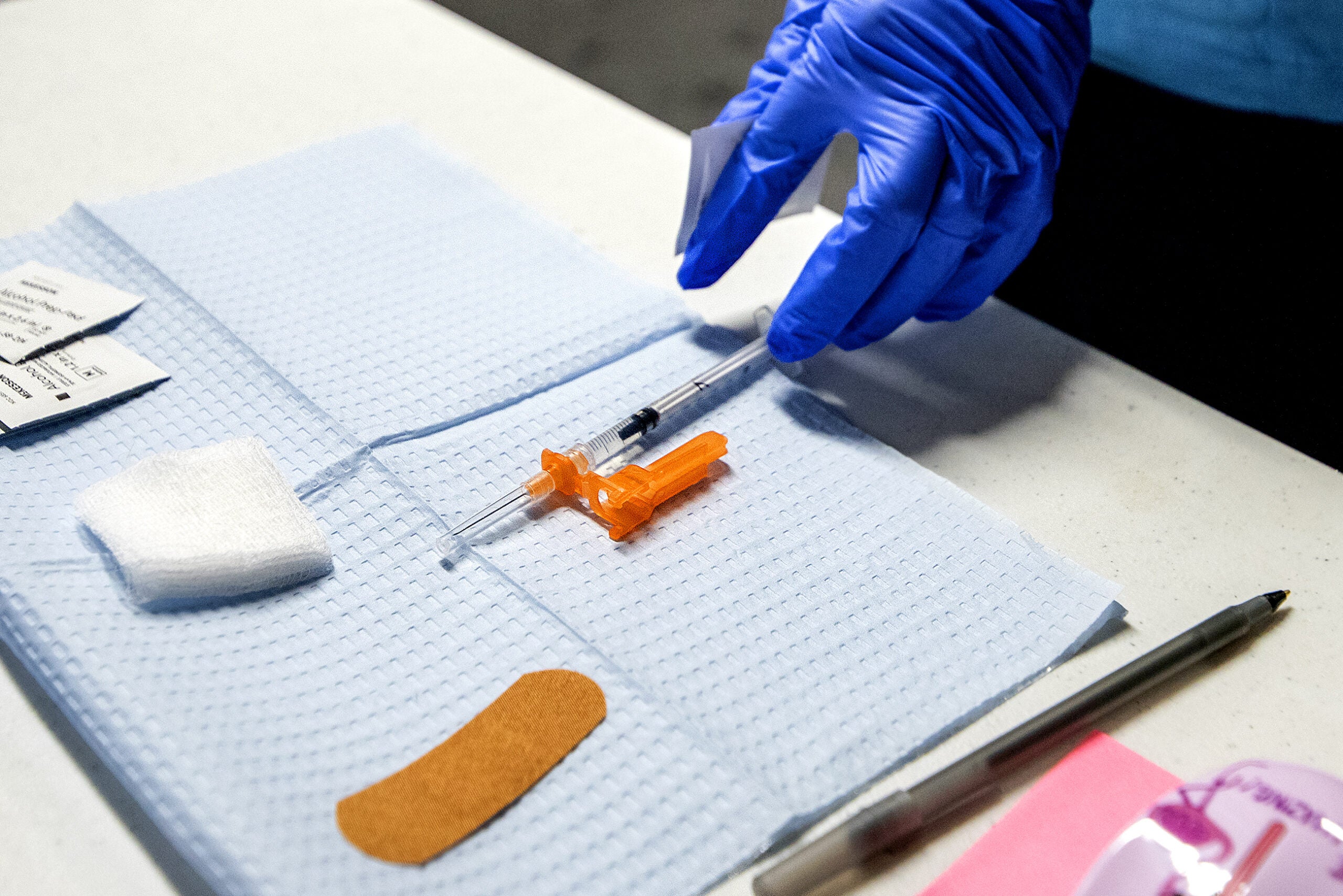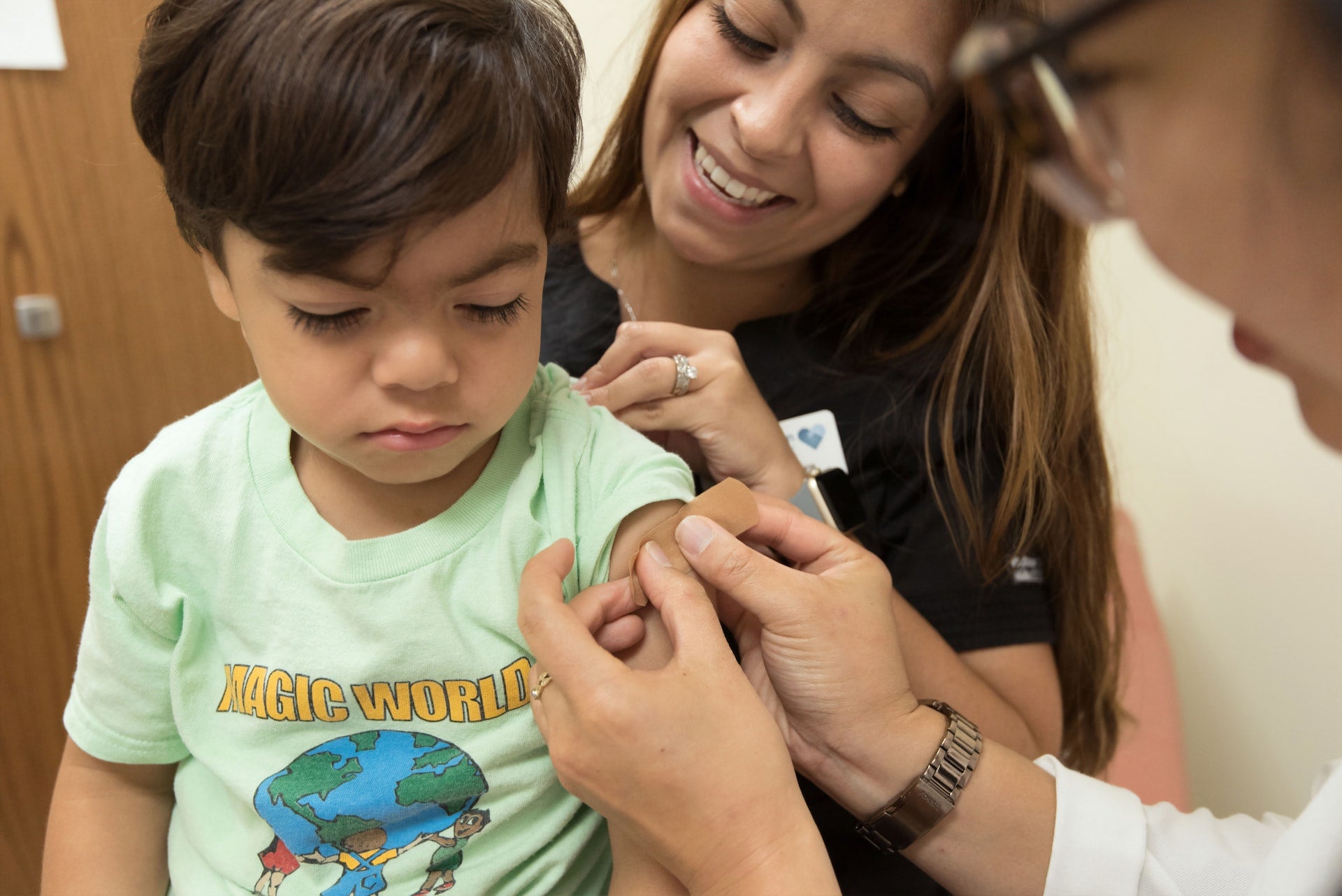A few weeks ago, after Christine Whelan made sure she and all her guests were fully vaccinated, she hosted her first small gathering since the pandemic began.
“I am a full extrovert,” said Whelan, a professor of consumer science in the School of Human Ecology at the University of Wisconsin-Madison. “I love socializing. I used to love throwing parties.”
And after this particular event, it became clear just how out of practice she was.
Stay informed on the latest news
Sign up for WPR’s email newsletter.
“I have not been so exhausted before,” she said.
Whelan, who has an Audible lecture series out called “Finding Your Purpose,” said there’s much more to meeting in person compared to the video meetings we’ve gotten used to.
“You have to learn to read social cues again and to listen properly,” she said.
So, if you’re anxious about venturing out into the world as we emerge from the coronavirus pandemic, Whelan has a few tips and tricks to share.
Take A Cue From Dale Carnegie
In the 1930s, Carnegie’s widely popular book, “How to Win Friends and Influence People,” was published. Whelan’s own grandmother worked as Carnegie’s secretary.
“It was all about resocialization,” Whelan said of the book.”I decided to take some of the tricks and tips from Dale Carnegie and bring them into the post-pandemic life.”
One of the recommendations in that book is simply to smile — something we maybe haven’t seen from strangers and friends in months.
Be a good listener, too. Encourage people to talk about themselves. Ask folks what they’ve been doing for the past 14 months, and then show them you’re listening by paraphrasing what they just said.
You could also try recalling what they were interested in before the pandemic and ask if they’ve had an opportunity this past year to engage in that activity.
Continue To Put Safety First
Whelan said as we’re coming out of this pandemic, confusion reigns. We don’t yet know what we should and shouldn’t be doing, and advice seems to change frequently.
Play it safe to start; for example, by getting together only with people who have been fully vaccinated. See if you can schedule meet-ups outside, especially as the weather gets warmer.
Whelan said it’s important to remember that your social comfort levels are different from others, and she advised being transparent about what the get-together will look like, like whether folks will be wearing masks or whether the expectation is that everyone who comes is fully vaccinated.
Kids do complicate things, Whelan said, because children under age 16 are unvaccinated. If children will be around, give them opportunities to be outside and ask them to wear their masks.
Embrace Socialization
Yes, reteaching ourselves how to be social and having to relearn skills that once felt so natural is exhausting. But Whelan said that it’s worth putting energy toward socializing.
“Humans are social creatures, and we derive so much happiness and benefit and general well-being from our relationships,” she said.
Because we’ve gotten so used to a low-key lifestyle during the pandemic, Whelan said she’s now encouraging herself to say “yes” to most everything she’s invited to.
Then, she reflects on the experience and decides if it’s something she wants to continue with.
“Rather than letting the inertia guide the decision, I’d like to say ‘yes’ and get out there and try to socialize and then see whether perhaps there needs to be some changes,” she said.
Wisconsin Public Radio, © Copyright 2025, Board of Regents of the University of Wisconsin System and Wisconsin Educational Communications Board.

